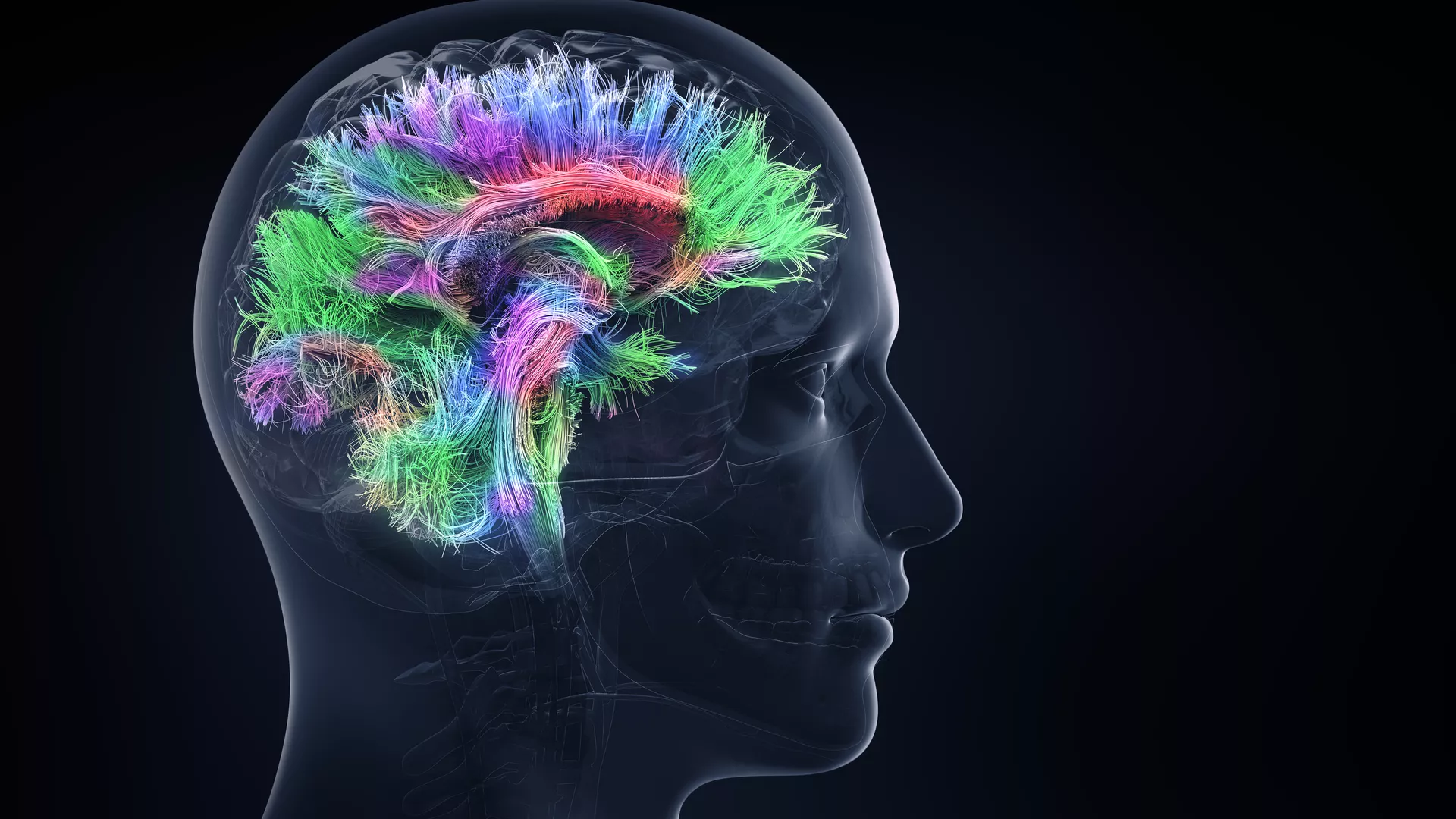A recent study conducted by researchers at Rutgers University reveals that five-year-olds exposed to paternal depression are more likely to encounter behavioral difficulties as they progress through grade school. Published in the American Journal of Preventive Medicine, the research highlights a concerning link between a father’s mental health and his child’s social and behavioral development.
Kristine Schmitz, an assistant professor of pediatrics at Rutgers Robert Wood Johnson Medical School, led the study alongside colleagues from Princeton and Rider universities. Their analysis found that children whose fathers showed signs of depression by the time they entered kindergarten were significantly more prone to behavioral problems, as reported by teachers, when they reached age nine.
Schmitz emphasized the necessity of recognizing depression in both parents, stating, “We need to consider depression in both parents, not just mothers.” She added that with effective treatment, both fathers and their children can experience improved well-being. The study urges pediatricians to engage with fathers regarding their mental health and develop tailored interventions.
The research indicates that approximately 8% to 13% of fathers in the United States may experience some form of depression during their child’s early years. This figure escalates to 50% when the child’s mother is also facing postpartum depression.
Data from the Future of Families and Child Wellbeing Study (FFCWS), which tracked births in 20 major U.S. cities from 1998 to 2000, served as the foundation for this research. The team utilized key data points: fathers were screened for depressive symptoms when the children were five years old, and teachers completed behavioral assessments when the children were nine.
The findings reveal a clear association between paternal depression and negative child behavior. For instance, children whose fathers reported feeling sad or depressed at age five were more likely to exhibit restlessness, defiance, and anger by age nine. Additionally, these children demonstrated lower levels of cooperation and self-esteem.
The researchers noted that several factors might contribute to this connection. Depression can hinder effective parenting and emotional support, leading to increased conflict and stress within the home environment. However, the study also offers a path forward; early identification and intervention for paternal depression can foster better outcomes for both fathers and their children.
Schmitz’s findings underscore the importance of addressing mental health issues in fathers to promote healthier family dynamics and improve children’s developmental trajectories. By prioritizing mental health care for fathers, families can better navigate the challenges of parenthood and enhance the overall well-being of children.



